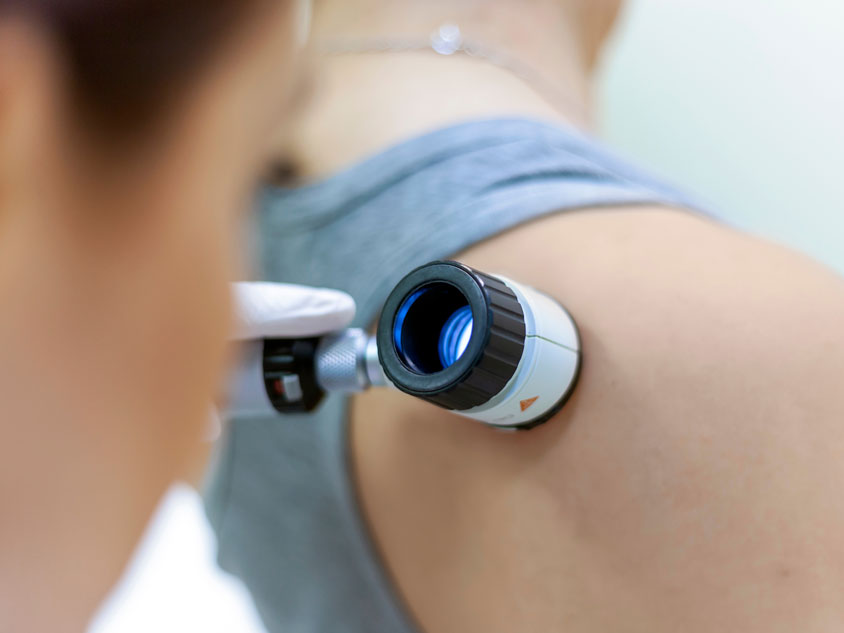Is our brave police community at risk of getting cancer, Australia’s biggest killer?

We’ve all been touched, directly or indirectly, by cancer. It’s a disease that’s close to our hearts because of this. Yes, the ‘big C’ affects young people, too, but the odds of having it more than double between 45 and 54.
This includes, but isn’t limited to, cancer of the breast, prostate, colorectal, skin and cervix.
For example, 91% of colorectal cases are in people 50 and above.
Bi-annual breast screenings also must be moved up to yearly, from age 55, onwards.
But it’s not just age that increases the risk of cancer.
The top five risk factors include smoking, high body mass, alcohol use, physical inactivity, and high blood pressure – many of which are issues for police and first responders, given the demands of their work and workplaces.
Cancer & first responders
A recent study concluded the link between greater risks of prostate cancer in firefighters and police officers.
First responders, particularly lifesavers, spend hours in the sun every day, while law enforcement control traffic and crowds under a beating sun.
Direct exposure to harmful UV rays puts emergency workers at risk of skin cancer.
What about stress?
A recent study found that perceived workplace stress was associated with a higher risk of colorectal cancer.
We know police officers have a history of using food and substances as coping mechanisms, too – behaviours which increase a person’s risk for cancer.
This tells us there are warning signs surrounding first responders’ work and lifestyle.
That, if left unaddressed, can increase the likelihood of cancer and a plethora of health issues.
Follow a lifestyle focused on longevity
Given a police officer’s haphazard shifts, overnight work, physical demands and the strength required to perform, adopting a healthy diet will help in daily life (as well as in cancer prevention).
For women with a family history of breast cancer, a Mediterranean diet is advisable.
Maintain a healthy weight, exercise regularly and turn to healthy tools to manage emotional stress.
For example, yoga, sport or speaking with a counsellor.
Ex-policeman, John Marx, talks about how officers should “empty their buckets”, as a way of processing residual trauma from the job.
The emotional marks are both invisible and hard to erase, so working with a professional can help officers move past the pain that may lead to abuse and addictions.
First responders who are working outside should wear sunscreen and protection, to reduce UV rays.
While it’s not always easy to do in an emergency, workers should keep it on them at all times.
Most importantly, police and emergency staff need to invest in regular screenings – and put aside the “I’m okay” facade, that’s almost expected in departments.
Police Health’s coverage is designed specifically to keep law enforcement healthy and safe.
With premium hospital cover and generous extras, we help our police community live well, journeying through their career, fulfilled and healthy.